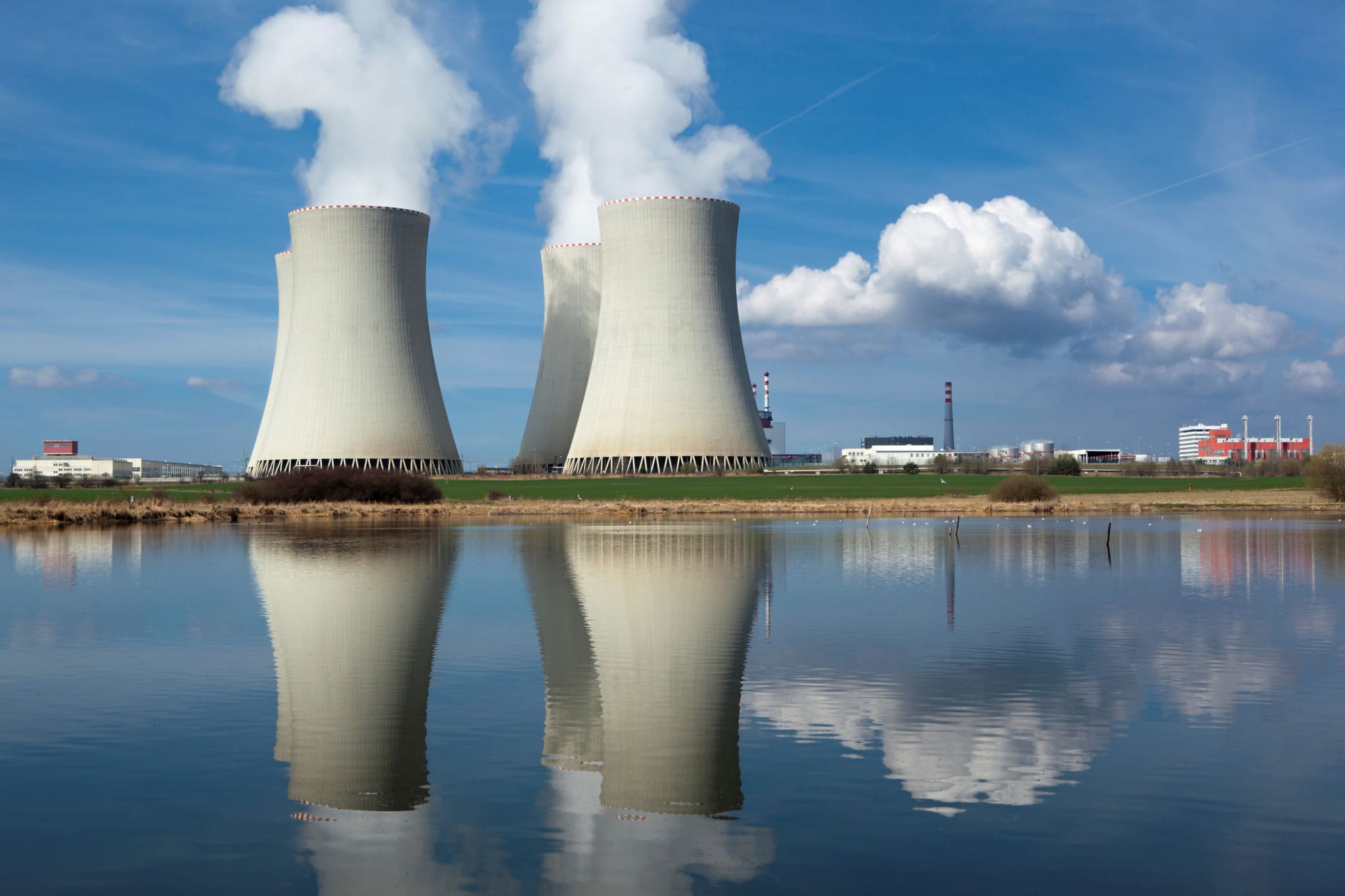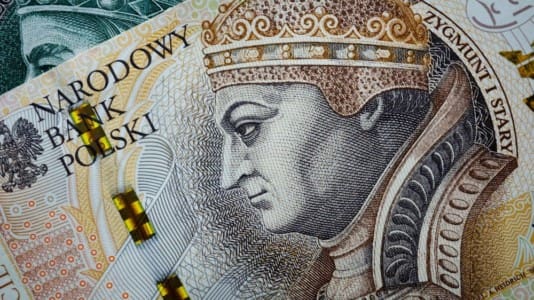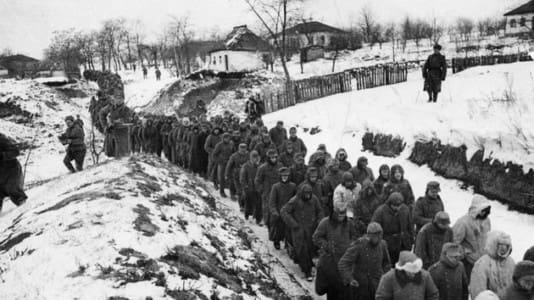The dispute over sanctions that would target Russian nuclear fuel is still ongoing behind closed doors in the European Union, according to a report from the Polish newspaper Dziennik Gazeta Prawna (DGP).
Poland, Germany, and the Baltic countries are demanding a tougher stance and the expulsion of Russian nuclear energy from the community. However, EU countries have not yet agreed on restrictions against the Russian nuclear sector.
Countries opposed to sanctions against Russian state atomic energy corporation Rosatom are those that are strongly linked to the import of Russian nuclear fuel: Bulgaria, Czechia, Slovakia, and most notably, Hungary.
Budapest, in cooperation with the Russians, is building the PAKS II nuclear power plant and is rather focused on developing energy ties with Moscow, instead of moving away from them. However, Germany, Poland, and the Baltic countries are pushing for a stronger stance and the removal of Russian nuclear energy from the EU.
If Russian nuclear fuel supplies were cut, the energy challenges facing Europe would be significant. As many as 18 nuclear power plants in Eastern and Central Europe were built by Russia, rely on Russian technologies, and use enriched uranium supplied by Rosatom.
Russia knows the value of nuclear fuel as a bargaining chip. Senior analyst of the Climate and Energy team at the Polish Economic Institute, Adam Juszczak, explained that Putin also has the possibility to sell uranium in other markets, and in this case, the sanctions may be more painful for the EU than for Russia.
According to the Euratom Supply Agency’s Annual Report for 2021, every fifth ton of uranium imported by the EU came from Russia. The EU countries imported a total of 2,358 tons of raw uranium, paying Vladimir Putin around €210 million for it.
This uranium is used in two reactors in Bulgaria, six in the Czech Republic, two in Finland, four in Hungary, and four in Slovakia.






